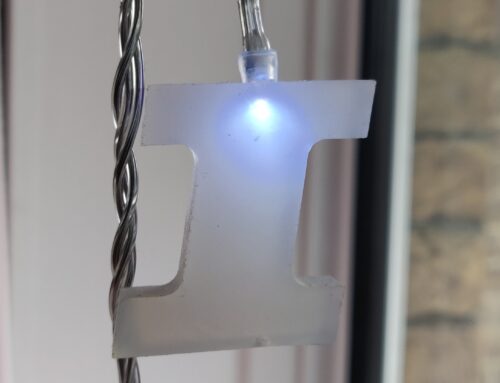J is for judgement. I did judgement last time, but it’s a big subject so I’m going to do it again.
Once, many years ago, I was training in mediation and practising active listening, doing rather well, or so I thought. In this practice session, one of the parties was telling me how he had decided to deal with a matter with his manager, and I was telling him how great that sounded, how he’d acted with courage and integrity, all that kind of thing.
The trainer told me I was being judgmental.
What? But I’m being so nice. I’m empowering him, making him feel confident, I said. I’m building rapport.
Judgement, said the po-faced trainer.
It took me a while to process, but he was right. We tend to think of judgement as a negative commentary – you’re nasty, difficult, loud, lazy. But positive judgements can destabilise and depower someone as well.
If you don’t believe me, think of a time you’ve been shopping with someone and they’ve persuaded you to buy something that at first you didn’t like (clothes say, something you’re not quite comfortable with, too expensive, wrong colour, slightly uncomfortable, not quite your style). They love it. You look great it in, they tell you. Treat yourself. Ever gone with their advice then wished you hadn’t?
I’m not saying never give someone positive feedback, of course not. Most of us glow with a little bit of praise, and God knows, a good steer in a changing room can be life changing. But be conscious, is all. If you’re praising someone, it’s your opinion, offer it as that, aware of your subjectivity, agenda and motivation. Prefacing a positive judgement with this is only my view is a nice way of doing it. Ultimately we’re all looking for what’s true for us, not for the next person. You might think lime green suits me, but the person who’s going to wear this dress is me.




